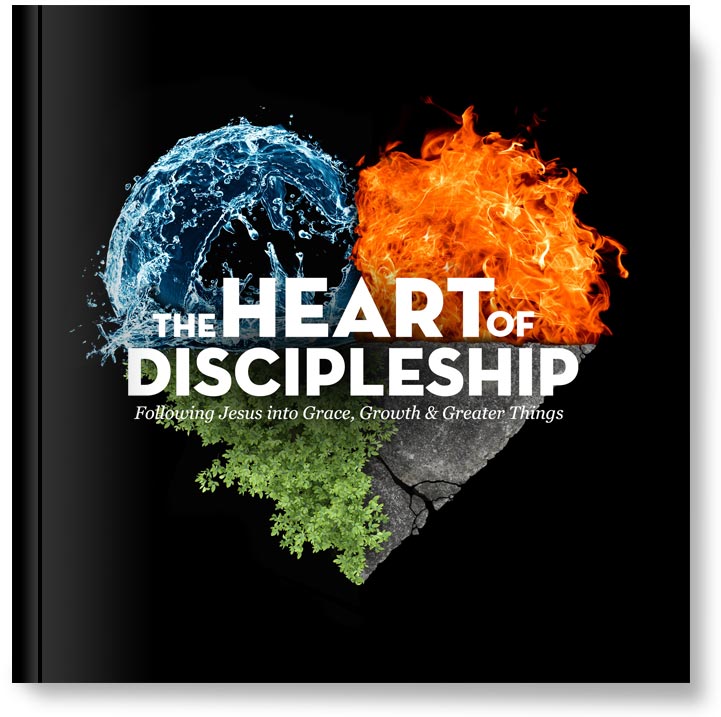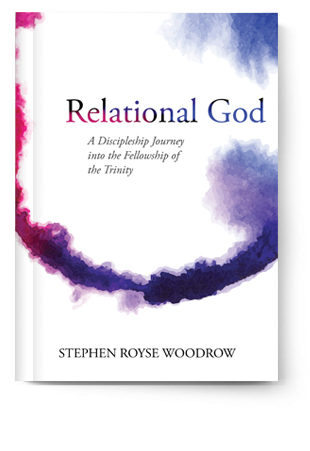In this new blog series, What is the Spirit saying to the Church? I will be exploring ideas that have been brought up by Tim Keller in his articles about the Church online at Life in the Gospel and by Stefan Paas in his book Pilgrims and Priests, Christian mission in a post-Christian Society.
I will be raising important questions and thoughts from the above resources that we as Crossroads Church Aspen and the Church at large can hopefully engage together on in prayer and discussion. I hope you will use this blog series to engage in prayer and for discussion in your discipleship groups and microChurch. Feel free to engage in discussion in this blog or directly with me at steve@ccaspen.com.
At the end of each of the letters to the churches in Revelation Jesus ends with the exhortation, “He who has an ear let him hear what the Spirit says to the churches.” It is more important than ever that we turn our ears to the Spirit and pray, listen and be ready to shift.
In Tim Keller’s recent article, “The Decline and Renewal of the American Church: Part 2 – the Decline of Evangelicalism” he mentions two primary features of the secularization of our culture which have contributed to the decline of Christianity in America; 1) science and tech rule and religious beliefs are no longer allowed in public discourse. 2) radical individualization which sees the individual rather than community as the primary building block of society. Both of these issues have had a bigger impact on our lives and our faith than we realize. Our culture has been radically secularized, so how are we going to respond? More importantly, “What is the Spirit saying to the Church today?” This is not just a question for theologians and pastors, but is critical for all believers, the whole Church to pray, listen and be ready to shift.
In this article Tim gives 6 reasons that we can have hope for renewal within the Church:
1.) The limits of secularization
He points out that with the rapid secularizing of our culture that there is a very limited ability to form community, provide meaning, healthy identity, contentment, and the ability to face suffering.
Now, here is where the Church should be shining, for God has provided clarity on each of these issues. But how are we to effectively model and provide these to our community, which is post-Christian and secular in nature? We need to pray, think deeply and biblically about these things and listen to what the Spirit is saying. Church – what do you think, how can we best model and provide these important issues to our community?
2.) The strength of global Christianity
He points out that outside the West, Christianity is growing and that future leaders will primarily be multi-ethnic.
So, how can we learn from and partner with the global church? Even this last Sunday, it was awesome to hear powerful exhortations during our ministry time from a visiting Armenian, Romanian. and Argentinian. We are blessed here in Aspen to be truly a Crossroads of the nations. How can we better learn and partner with them for the kingdom?
3.) The demographics of religion
Tim Keller points out that the more religious people are the more children they have. “Some social scientists say the world’s secular population will ‘top out’ sometime in the mid 21st century and begin to shrink.”
It is not just about having more kids, but about building healthy families where parents are discipling their children in the word and ways of the Lord. So, as the church we should have a clear vision for reaching-building-equipping families in the areas or marriage, parenting and discipleship. There is very little support in our community for marriages and parenting, so there are huge opportunities for us to provide help that bring the great promises of God’s design for family. What are your thoughts on how we can prepare to better reach-build-equip families?
4.) The subversive fulfillment of chosen religion
This one is a bit complicated. What Keller is basically saying is that most religions are inherited, meaning you are born into them. And these churches decline more rapidly with secularization. Chosen religions are ones that require conversion and are better adapted to modern culture.
One of the trends we have been seeing is the falling away of people who claim to be Christian just because it was the faith they grew up under. What separates being a follower of Jesus from other religions is that it requires a radical born-again conversion experience. The current pressures of secularization are weeding out people from the church who have just been Christian because of their culture rather than a true conversion experience with Christ. This means we need to be clearer about the Gospel and salvation and bolder in our communication with people so that they are not just accepting a moralistic and therapeutic message but understand the radical cost of following Jesus as His disciple. What implications does this have on how we do church and discipleship? This also brings to the forefront the importance for parents to walk alongside their kids and pray that they will “own” their own faith and have a born-again experience with Jesus.
5.) The translatability of faith
Keller describes this as “Christians don’t have a code-law like Leviticus like cults and other religions so we are more able to integrate into surrounding culture.”
This brings to light our mission to be salt and light in the world, to be in the world but not of the world. Christians are not to be “at war with the culture” but are to be involved in the culture with the joy of the Lord. We must learn to balance the reality of “being set apart as holy to God” and “being sent into the world as salt and light.” The two most destructive movements today for the Christian witness in our culture are Christian nationalism and Christian progressivism. One has an unhealthy blending of the Gospel and politics and the there has an unhealthy blending with secularism. How can we better be the salt and light today? How do we keep from falling into Christian nationalism or Christian progressivism?
6.) The promise of Jesus
Keller states that, “Historically when the church is attacked it comes out stronger.” In Matthew 16:18, Jesus states, “I will build my church and the gates of hell will not prevail against it.”
We see throughout history that God uses trials and persecution to discipline and strengthen His church. So, we should be listening to what the Spirit has to say to us to get our house in order. Another important aspect I would add to this last point is Jesus’ promise of the empowerment of the Spirit for ministry. Have we in the American church – here at Crossroads – relied more on man’s methods, best business practice, psychology, programs and consumer entertainment than on the power of the Spirit? How can we truly learn to live and minister by the Spirit? How can we know that we are operating by Zechariah 4:6, “not by might, not by power, but by my Spirit says the Lord of hosts”?
I hope you will prayerfully think and discuss these issues with your discipleship group, community group and microChurch. I would love to hear your thoughts.
What is the Spirit saying to us today? What do we need to shift?
1





